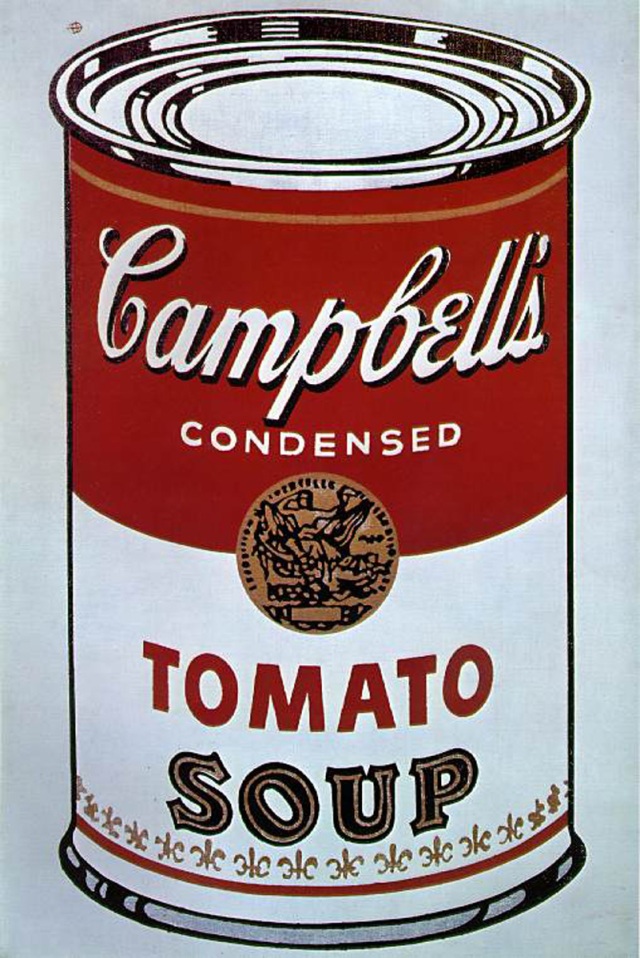
George Reeves and Christopher Reeve each think this is an ignominious end
With its latest advertising, Microsoft is positioning itself to successfully defend its 2008 Worst Ad Of The Year title (Decently Sized Ad Budget Division).
If you haven’t seen Microsoft’s new web-only spot (first in a series!), enjoy.
Give an advertising creative team a shiny new toy, and they’ll abuse it as surely as a hyperkinetic child will. Bradley and Montgomery, a New York/Indianapolis agency, created this disjointed piece of cinema nauseé available only to those of us with online access. Which means that Crispin Porter + Bogusky, Microsoft’s agency of record and the force behind the infamously unfocused Bill Gates/Jerry Seinfeld spot, escapes our derision for the second consecutive post.
You see, this isn’t your conventional TV ad. This appears on something called the Inter-net. It’s a series of tubes, outside the jurisdiction of the Federal Communications Commission. If you want to fill your Inter-net spot with sex, violence, or people actually drinking beer instead of just raising it to their lips, you can.
When Marshall McLuhan said the medium is the message, he had something of a point. The corollary to his observation is that the actual message itself, in this case that of a vomiting woman illustrating the need for private browsing, becomes secondary to the naughty things the spot’s creators can do with the medium.
Everything about this ad is wrong.
a) Just because you’re using an unfamiliar medium with fewer rules, you don’t have to break all the rules of the previous, more familiar medium just for the sake of doing so. Bradley and Montgomery apparently thought, “All those years of being forbidden from showing emesis, and now we can! So let’s!”
To really test the limitations of the new medium, why not show urine? Or better yet, feces?
For a similar illustration of “medium creep”, listen to the rock and hip-hop stations on satellite radio. For several of the jocks, the novelty of using profanity and neither getting fired nor suspended for it has yet to wear off – which leads to awkwardly placed swear words denuded of their original purpose, that of adding emphasis for especially appropriate occasions. Or read Matt Taibbi, who has all of H.L. Mencken’s disdain for the human species but none of Mencken’s talent. Yet because Taibbi’s lucky enough to live in an era when profanity doesn’t cause people to fall supine with the vapors, he can cuss his way to something approaching notoriety.
b) The premise of the spot, while feasible, progresses in a nonsensical direction.
The woman shares breakfast, and presumably her life, with the man. He’s comfortable enough with her that he thinks nothing of handing his laptop over to her with the web browser open to HairyVaginasWithHerpes.com. (That appears to be the URL, after several attempts to read spokesmercenary Dean Cain’s lips.)
Which brings up the question of why the edgy creative team bleeped out the name of the offending website. Why not mention it, and throw in a profanity to boot? Better still, why not make it HairyPreschoolersVaginasWithHerpesContractedFromTheirUncles.com? Anything goes in cyberspace, right?
The woman feels no disgust toward the man, managing to somehow compartmentalize his personality from the offending website he visited. If anything, she seems remarkably composed and forgiving for someone who lives with a guy who starts off his morning with cereal, milk and images of infected genitalia.
The spot could have been salvaged, even enhanced, had it shown something approaching a reasonable reaction from the woman. She could have walked off in a huff and left the husband/boyfriend pleading for clemency. Or she could have told the man how disgusting he is and then proceeded to hurl (with her hands) projectiles at him. Exaggerate it to make it entertaining, show the man curling up to avoid getting attacked. That at least makes sense, more than gratuitous vomiting does.
c) The most offensive second of this spot comes at the :35 mark. Upon being vomited upon – for the second time – the guy counters the deluge with a disapproving hand gesture and the one-word comeback, “Really?” Yes, because when your wife vomits on you because of something you did, the natural response is act as if she just told you her brother’s coming to visit for a month.
d) The product is being sold as a groundbreaker, which it’s anything but. You don’t have to own a Mac – you only have to know someone who owns a Mac – to know that Apple introduced private browsing with OS X Safari 4 years ago.
Microsoft is almost proud to be playing catch-up to Apple at this point – consider Microsoft’s recent “I’m a PC” campaign, which violates yet another fundamental precept of advertising – only acknowledge the competition if you’re attacking an indefensible weakness of theirs.
The vomit spot is not part of a campaign foisted upon the public by an upstart startup desperate for recognition. It’s from the second-largest company in all of commerce, whose book value is approaching a quarter-trillion dollars.
Microsoft’s current vomit-free TV campaign shows a series of thrifty computer shoppers saving money at Best Buy by taking home Microsoft laptops. Yes, the company that was founded as the exemplar of modernity and technological sophistication is now selling itself as
-the budget alternative, and
-4 years behind the curve.
This post was written using a MacBook Pro, by a writer who’d used Windows for 6 years, and therefore had accepted crashing, freezing and restarting as unavoidable facts of life.





